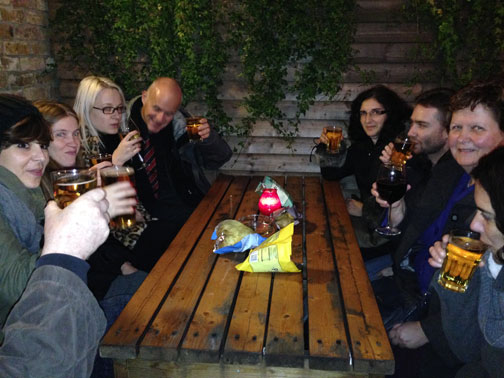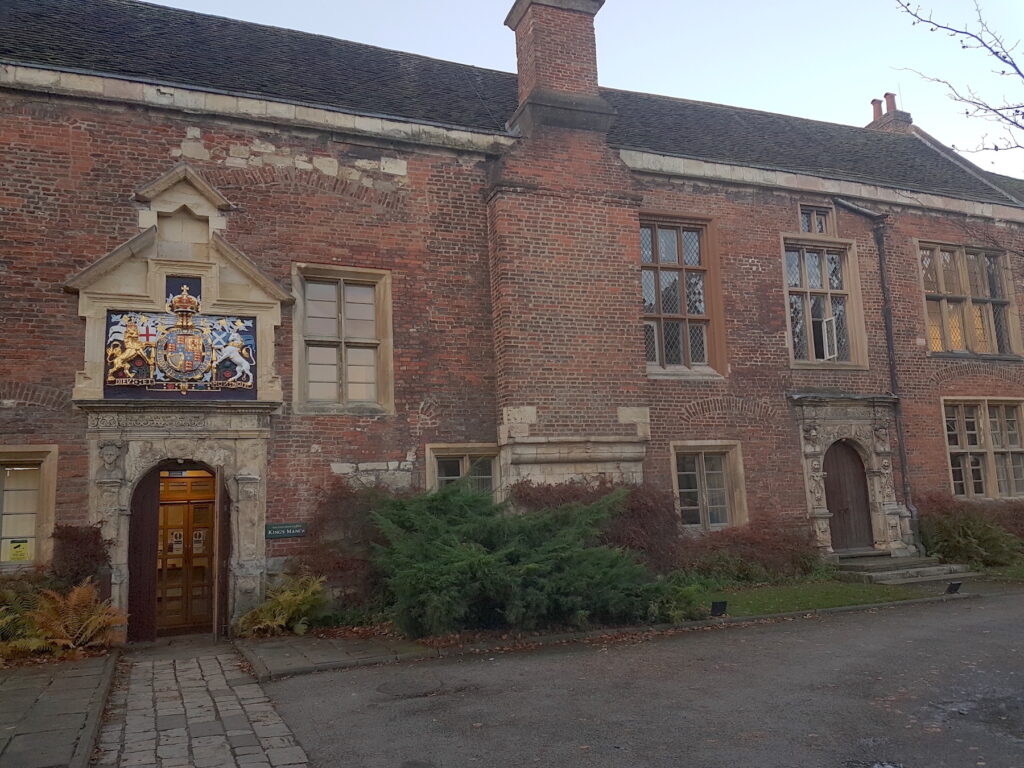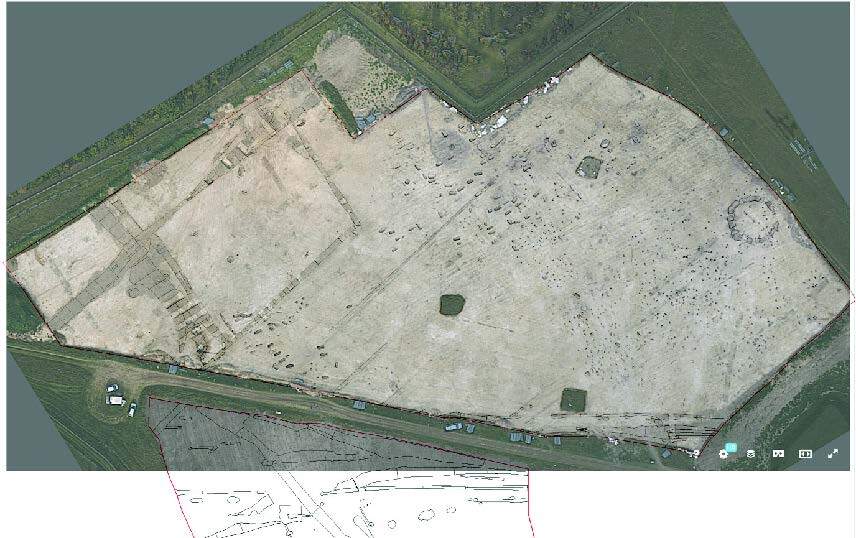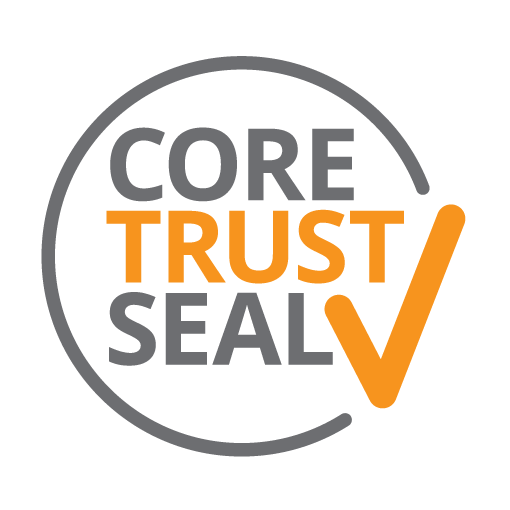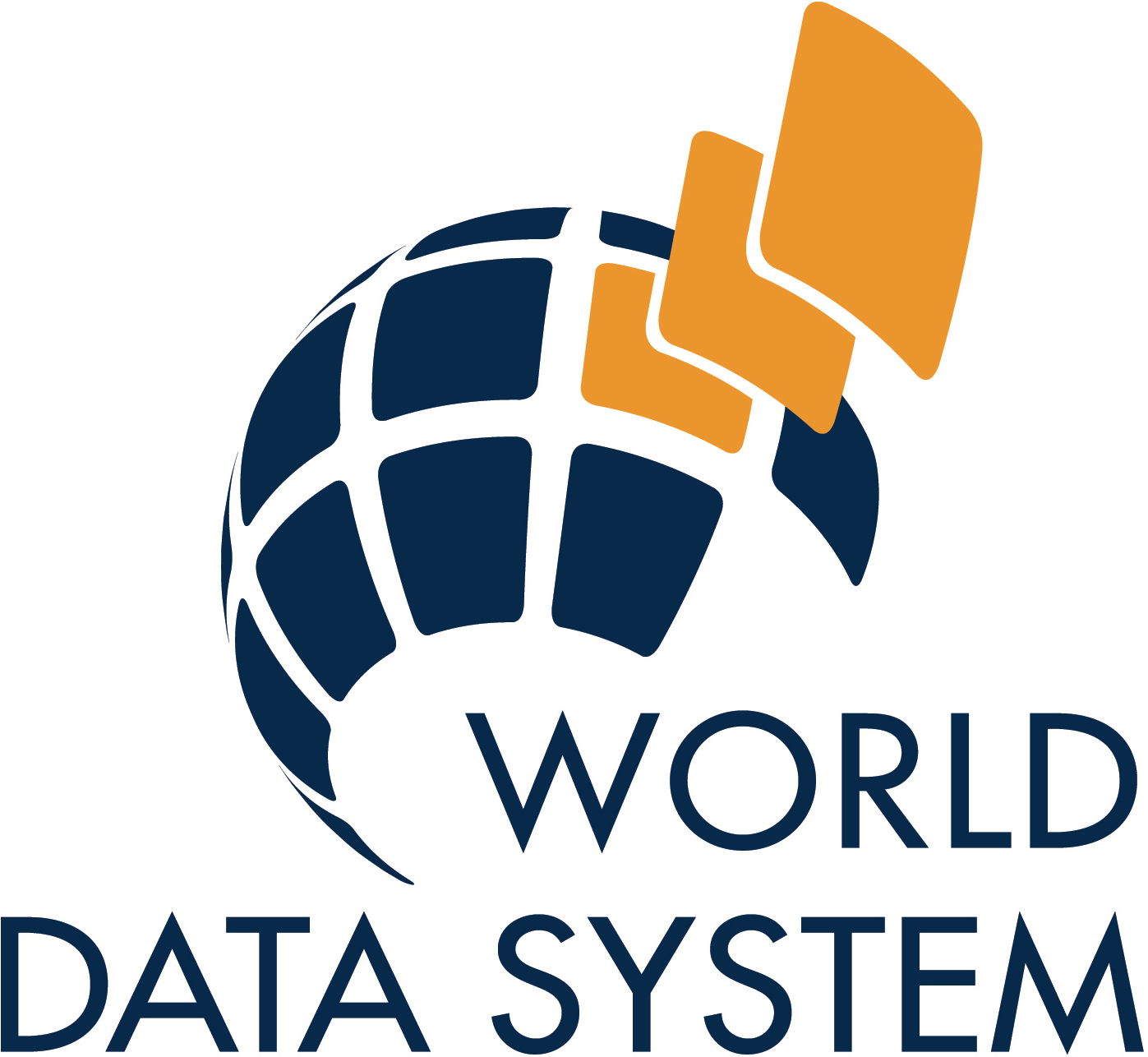The LoCloud project has been up and running for about six months now, and we’ve just finished a productive and enjoyable plenary meeting in London. The project is starting to take shape, with an ambitious agenda for content to be delivered to Europeana, along with an array of microservices under development, geared towards the needs of small to medium sized heritage organisations.
Each of the partners whose role in the project is national aggregator for their country, have now submitted their action plans. These aggregators have been responsible for identifying small to medium sized heritage organisations who may wish to make their digital holdings discoverable within Europeana. While many LoCloud partners will be focussed on museums, as the national aggragator for the UK, ADS will focus on the Historic Environment Records (HERs) and Sites and Monuments Records (SMRs), as it is a sector we know well. In addition, museums in the UK are being well served by the Europeana Inside project, led by the Collections Trust.
The microservices under development include tools for geolocation enrichment, metadata enrichment, alignment to controlled vocabularies in a variety of languages, work with historic place names, and the exploration of content aggregation though Wikimedia and crowd sourcing. The service gaining the most attention however, is the Lightweight Digital Library (LDL), primarily under development by the Poznań Supercomputing and Network Center (PSNC) in Poland. The LDL is meant to address the needs of smaller organisations, which typically lack internal IT support. It is meant to be an affordable and easy to use solution, allowing easy integration with the LoCloud infrastructure. An initial version is planned for release in July of 2014, with the final version due to be completed the following December.
Now that the planning is largely complete for LoCloud, the hard work really begins! Over the next year, the creation of the microservices will start in earnest, along with training for the national aggregators on using the core tools for mapping and enrichment of metadata, in preparation for making it discoverable within Europeana. Watch this space!
